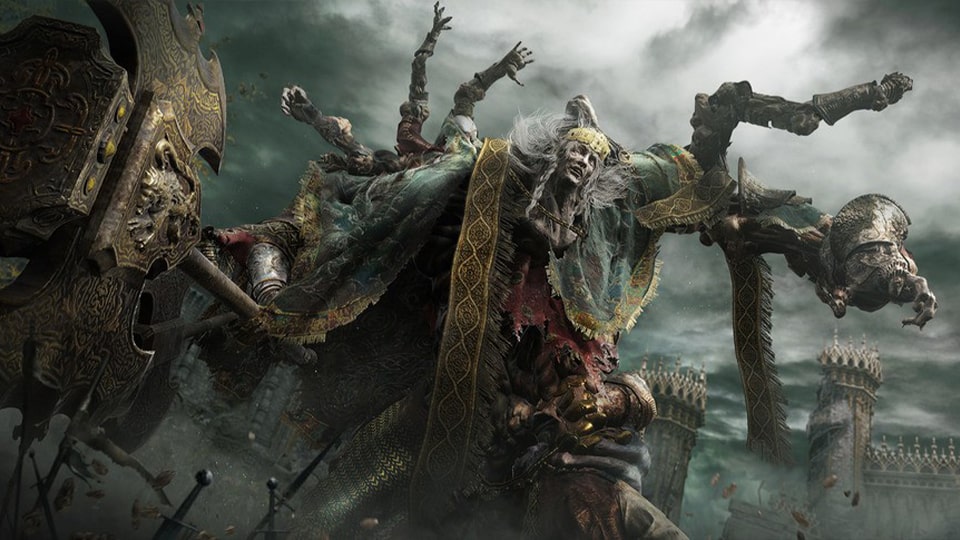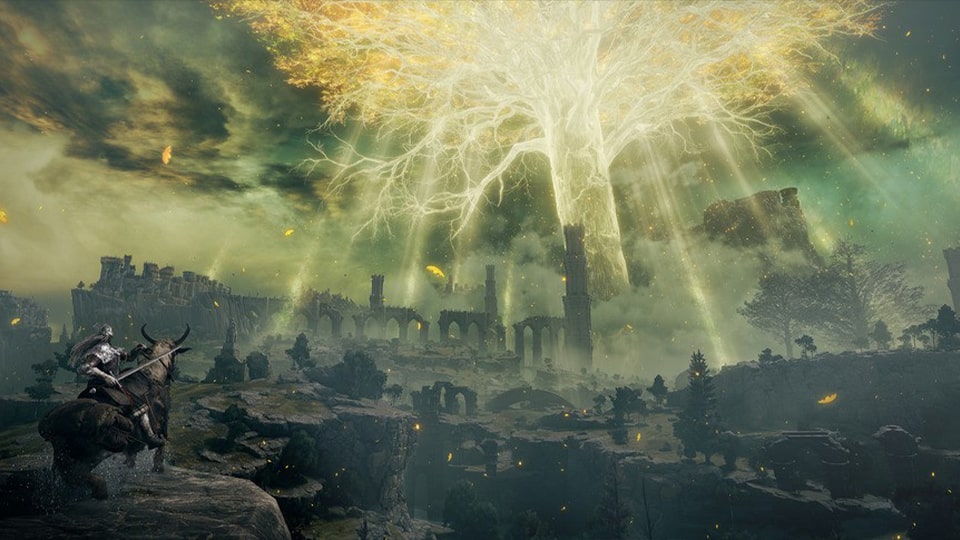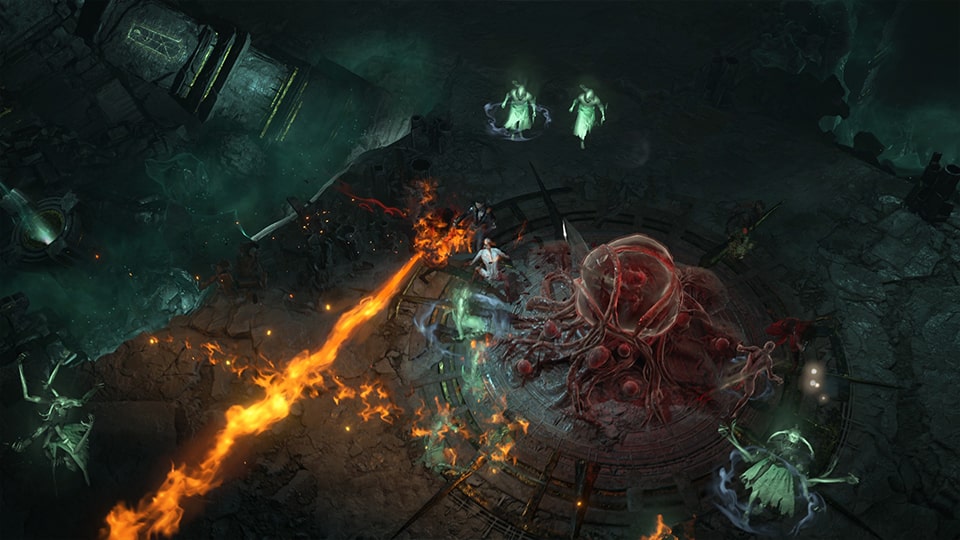It’s unreal, uncanny, makes you wonder if something is wrong, it seems to seek your attention for all the wrong reasons. Usually, we prefer the real thing, wine without sulfur based preservatives, real butter, not margarine, and so we’d like our layouts and designs to be filled with real words, with thoughts that count, information that has value.
The toppings you may chose for that TV dinner pizza slice when you forgot to shop for foods, the paint you may slap on your face to impress the new boss is your business. But what about your daily bread? Design comps, layouts, wireframes—will your clients accept that you go about things the facile way? Authorities in our business will tell in no uncertain terms that Lorem Ipsum is that huge, huge no no to forswear forever. Not so fast, I’d say, there are some redeeming factors in favor of greeking text, as its use is merely the symptom of a worse problem to take into consideration.
Secret Invasion Character Posters
You begin with a text, you sculpt information.
You chisel away what’s not needed, you come to the point, make things clear, add value, you’re a content person, you like words. Design is no afterthought, far from it, but it comes in a deserved second. Anyway, you still use Lorem Ipsum and rightly so, as it will always have a place in the web workers toolbox, as things happen, not always the way you like it, not always in the preferred order. Even if your less into design and more into content strategy you may find some redeeming value with, wait for it, dummy copy, no less.
I’ve heard the argument that “lorem ipsum” is effective in wireframing or design because it helps people focus on the actual layout, or color scheme, or whatever. What kills me here is that we’re talking about creating a user experience that will (whether we like it or not) be DRIVEN by words. The entire structure of the page or app flow is FOR THE WORDS.
If that’s what you think how bout the other way around? How can you evaluate content without design? No typography, no colors, no layout, no styles, all those things that convey the important signals that go beyond the mere textual, hierarchies of information, weight, emphasis, oblique stresses, priorities, all those subtle cues that also have visual and emotional appeal to the reader.
Or else, an alternative route: set checkpoints, networks, processes, junctions between content and layout. Depending on the state of affairs it may be fine to concentrate either on design or content, reversing gears when needed.




